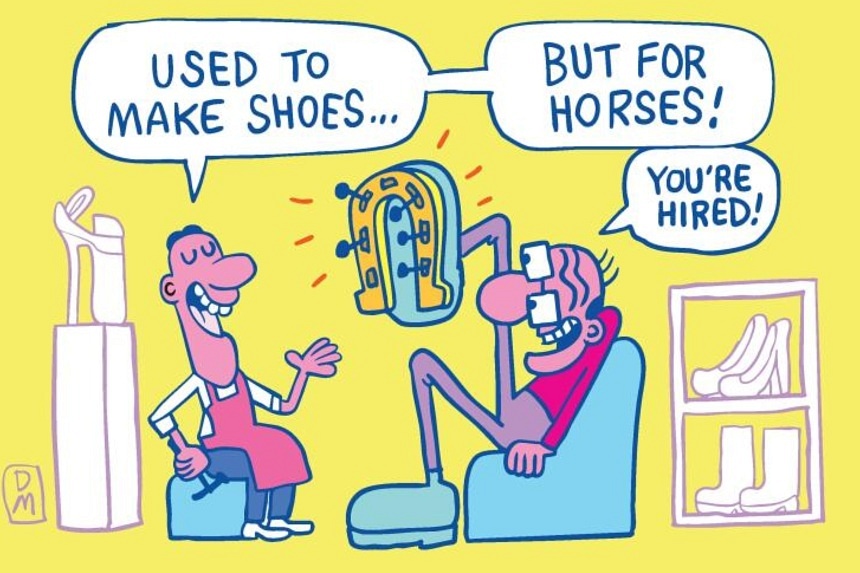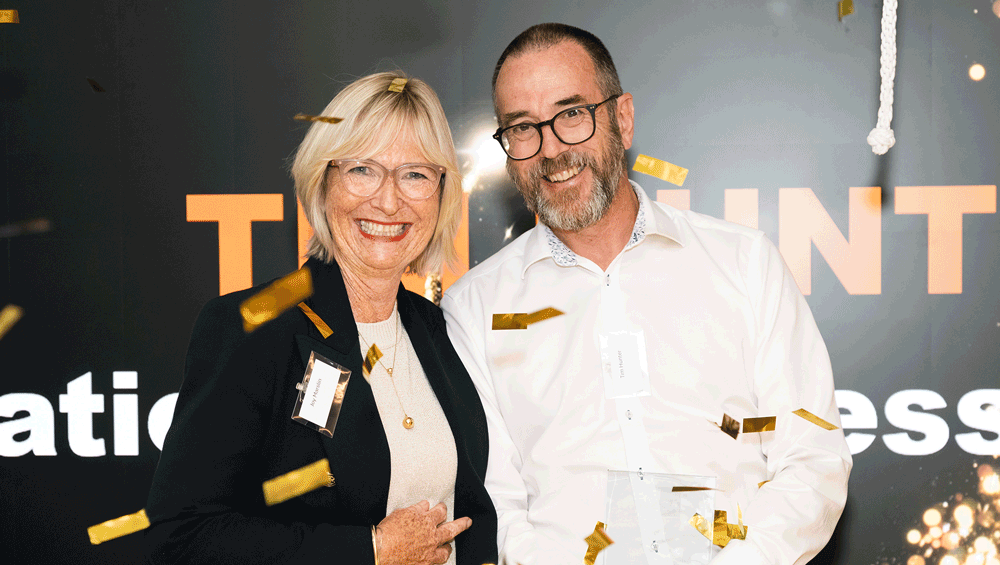
Job requirements can evolve even during the hiring process, especially if a broad or seemingly incomplete job description is listed. In this series, manpower reporter Tay Hong Yi offers practical answers to candid questions on navigating workplace challenges and getting ahead in your career. Get more tips by signing up to The Straits Times’ HeadSTart newsletter .
Q: Is it better to apply for a job as soon as it is listed, or only when it has remained open for some time? A: In Singapore’s competitive job market, knowing whether to apply early or wait can make a significant difference to the outcome of the job search, says Mr Nilay Khandelwal, senior managing director of recruitment firm Michael Page Singapore & India. “Applying early gives you a distinct edge, especially in fast-moving industries like technology, banking front office and finance in Singapore. “Recruiters often review applications as they come in, and being one of the first candidates can make you more visible.
” This is because there are fewer applications jostling for the limited attention of hiring managers and recruiters, says Ms Evan Loke, director of the permanent division at recruitment firm Persolkelly Singapore. Applying early allows someone to potentially secure an interview before the process becomes saturated, giving prospective employers more time to deeply consider each applicant’s merits. Additionally, applying early demonstrates the desirable traits of enthusiasm and decisiveness, Ms Loke says.
Still, there are situations where holding off could be a good strategy, both experts say. Job requirements can evolve even during the hiring process, especially if a broad or seemingly incomplete job description is listed. Such descriptions are most often attached to roles with complex and high skill requirements, especially in fast-changing industries, such as technology, some areas of financial services like risk management, life sciences and strategy consulting.
Mr Khandelwal says: “Companies may start with a vague idea of the ideal candidate, refining their criteria as applications come in.” A candidate who waits can submit a more tailored and precise application once the company has clearer expectations, he adds. Likewise, Ms Loke says employers may refine or expand expectations based on interactions with candidates as the hiring process unfolds.
This can happen because the initial scope of the role was too broad or ambitious, or because meeting applicants may have given employers some clues into the skills available in the market, Ms Loke explains. “As companies gather more information during the hiring process, they may refine the role to reflect the capabilities of top-tier candidates or real-time shifts in business priorities,” she adds. Beyond scarcity of talent with the right skills and qualifications in the market, roles may remain open for a prolonged period for other reasons such as internal decision-making processes, especially in larger companies.
Mr Khandelwal says: “Companies may face delays due to budget changes, restructuring, or shifting priorities. In such cases, the job posting remains active, but the recruitment process may slow down. “This can be especially common in large organisations or during times of economic uncertainty.
” Uncompetitive salary or benefits on offer may also prolong the time a position remains vacant. “Lastly, some job listings are kept open to build a talent pipeline. Even if the role is not immediately critical, companies may prefer to engage with potential candidates in anticipation of future growth or strategic needs,” Ms Loke adds.
All these reasons mean candidates should not be discouraged from applying for a job which has been open for a long time or has attracted many applicants, if the job feels attractive. Ms Loke notes: “Often, a high volume of applications suggests that the right candidate hasn’t been found yet, offering a great opportunity to stand out.” If the hiring criteria has evolved, a fresh application could be more relevant than earlier ones too.
To overcome any perceived disadvantage and stand out even as a latecomer, Ms Loke and Mr Khandelwal advise candidates to tailor their job application and cover letter, if any, to specific needs of the role in the context of the prospective employer. Ms Loke also suggests that candidates should consider reaching out to the hiring manager or recruiter to express their interest and inquire about the status of the hiring process. “A thoughtful, well-timed follow-up can help your application rise to the top of the pile.
” Both experts also emphasised the need for candidates to show an awareness in interviews about changes to job requirements and how they can directly address these latest requirements. “Additionally, show enthusiasm and flexibility during the interview process,” Mr Khandelwal says. Adapting to company needs could give you an edge, he notes.
“Offering solutions to challenges the company faces or showing flexibility in start dates can help position you as an ideal hire, even if others have been in the running longer.” Have a question? Send it to [email protected].
sg Join ST's Telegram channel and get the latest breaking news delivered to you. Read 3 articles and stand to win rewards Spin the wheel now.













